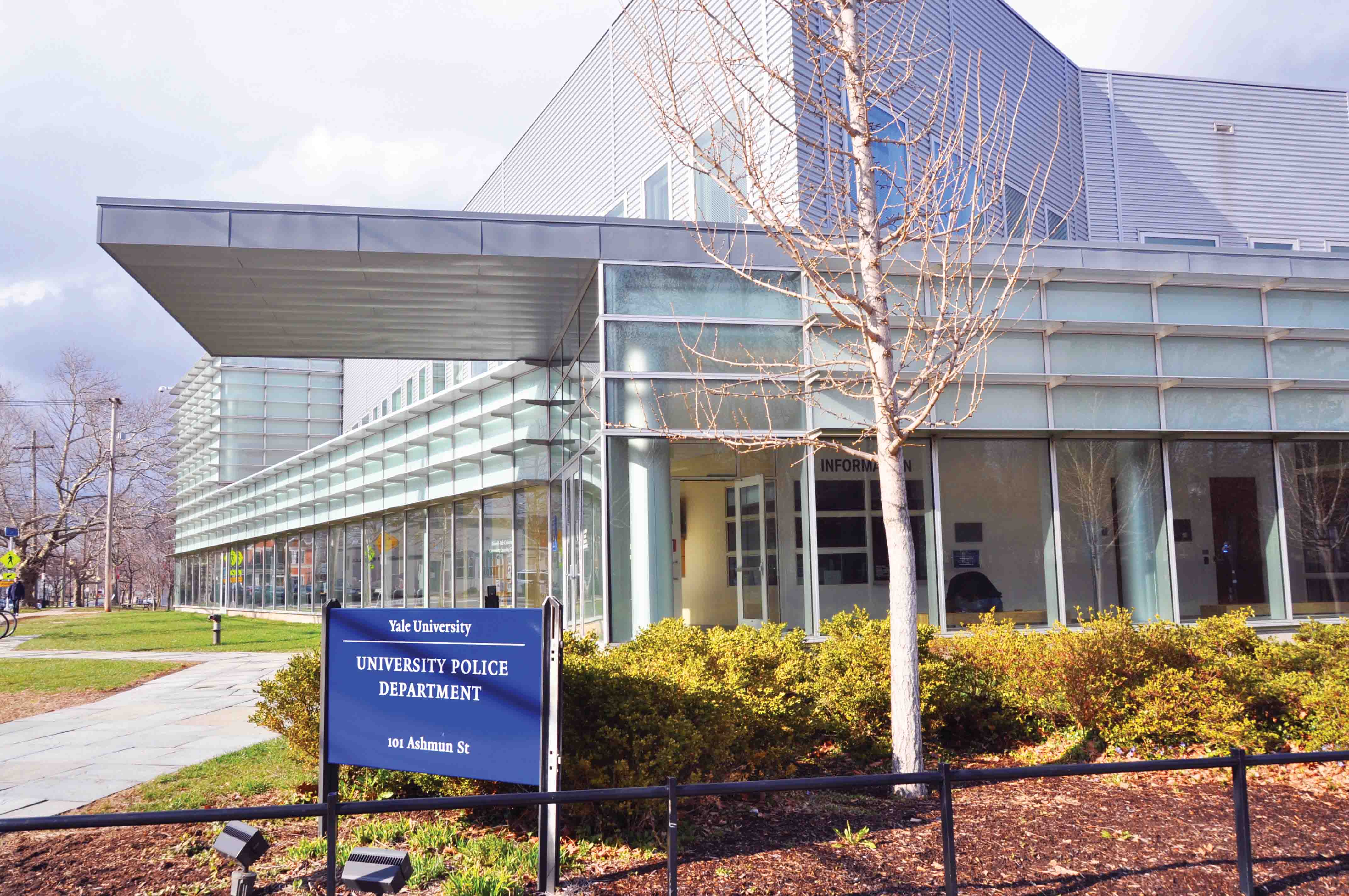
After an almost two-year long dispute, contract negotiations between the Yale Police Department’s union — the Yale Police Benevolent Association — and the University appear to have hit a wall, despite reassurances from administrators that an agreement is near.
Since the last YPBA contract expired in June 2016, the union has signed monthly renewals with Yale over the course of the negotiation process. But 54 meetings later, the two parties have yet to reach a consensus on retiree health for new hires, Medicare Part B and several other components of a new long-term contract, according to YPBA Treasurer and YPD officer Earl Reed. He added that Yale came to the negotiating table with 23 pages of health care proposals, looking “to change the whole landscape of health care.” In some cases, the co-pays for union members would more than double or triple, he added.
“The problem is, since the concessions, they haven’t done much on their end to move the process forward,” Reed said. “There [are] enough major unresolved issues where I can’t guarantee that we won’t [go on strike].”
Yale recently offered a new contract proposal to the police union, and Yale spokesman said“the University is hopeful because of the enhancements it is offering to the officers.”
Still, earlier this month, YPD’s union held a demonstration outside a showcase event during Bulldog Saturday, where union members distributed flyers with headlines such as “Yale’s campus may not be as safe as you think.” In an email on Sunday to the YPD, Vice President for Human Resources Administration Janet Lindner said that since beginning to track crime data in 1985, the Yale campus is the safest it has ever been, adding that it is “particularly painful to hear some of our own police officers tell prospective students … how ‘scary’ the campus and New Haven are.”
University representatives have met with police union members at the negotiating table five times since the beginning of the year, and just two bargaining sessions have been added to the calendar to take place in April and May. Still, in her Sunday email Lindner said she is “hopeful” that an agreement would be reached in the near future.
The current contract offer from Yale includes some new benefits for officers. For instance, officers requesting personal time off cannot be denied their allotted 32 hours per year on the basis that granting this time would require Yale to pay other officers overtime, said John Grottole, a police union negotiator. He added that, at the moment, the University can deny an officer personal time simply because the University would have to pay overtime to another officer to cover the first officer’s shift.
Other benefits included in the contract are an annual base wage pay increase and a special retirement severance plan, according to Lindner’s email, which also stated that the wage increases would make Yale’s police officers some of the highest-paid officers in Connecticut. Additionally, Lindner told the officers that their new contract would include “significant improvements to the disciplinary process” to ensure due process for officers.
Reed said the union is pushing to enhance due process requirements given that members lack the protections offered to public police officers. New Haven Police Department policies afford the police chief limited power in terminating an officer, Reed said, adding that the chief must first suspend the officer, after which the suspended officer goes before a board and gets a hearing. Reed said he and other members of the police union executive board are negotiating to reform the hearing process so that the YPD chief would not have unilateral discretion in employment terminations. But he emphasized that there’s been pushback since “Yale doesn’t want to give up a lot of that power.”
Grottole said Yale and the union have already agreed that the new contract will include language to expand the current pre-disciplinary due process system so that officers suspended for five or more days get a hearing before the police chief makes a decision on their fates. Under current policy, those hearings are given only to officers who face termination. But even under the proposed contract, the police chief would continue to be the sole decision-maker in serious disciplinary matters, since, unlike state or municipal police departments, the YPD does not have a Board of Police Commissioners to hold hearings and impose disciplinary action.
Beyond the disciplinary process, Reed said the police union is also looking to redefine the current contract’s narrow definition of “grievance” to include violations of rules and regulations that protect officers from disparate treatment, since the current definition includes only violations of an officer’s employment contract.
According to Grottole, the police union is “very concerned” that Yale is increasingly replacing police officers with Yale Security officers at University events. A new clause in the proposed contract says that University security officers cannot perform police work while on-duty, but the union is seeking contract language that prohibits Yale from replacing police officers at events altogether.
“These events are covered with police officers on overtime, so we fear that the University will continue and expand the aforesaid practice in an effort to save money,” Grottole said.
The department’s current benefits are also below “market value,” Reed said. He said the union is currently advocating for $50,000 life insurance — double the life insurance Yale currently offers, which is the lowest offered to any Ivy League police department.
The Yale Police Department has 71 sworn police officers.
Hailey Fuchs | hailey.fuchs@yale.edu
Sammy Westfall | sammy.westfall@yale.edu







